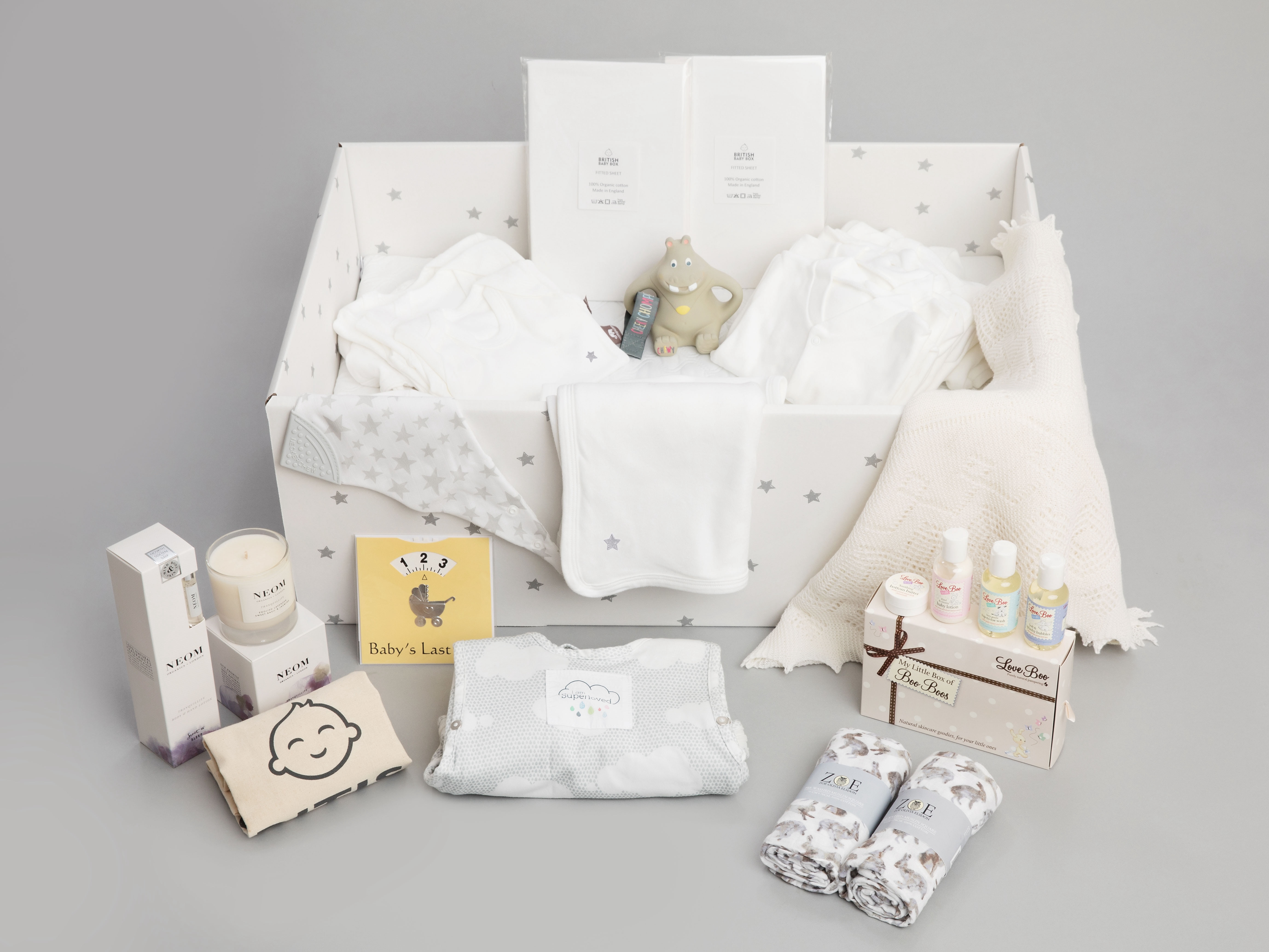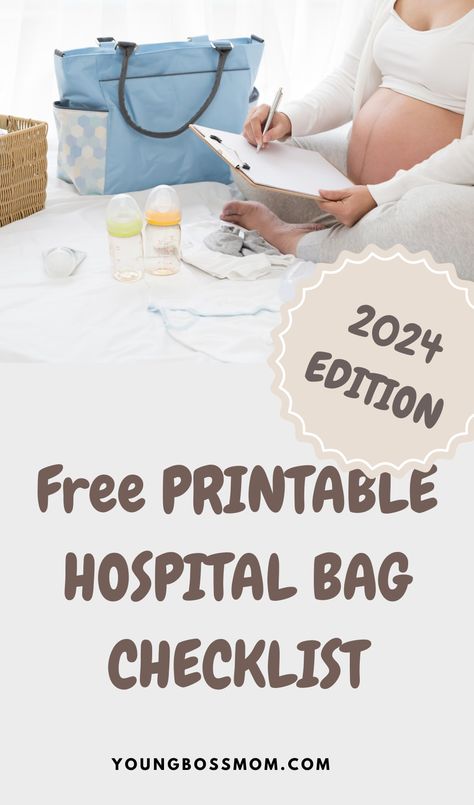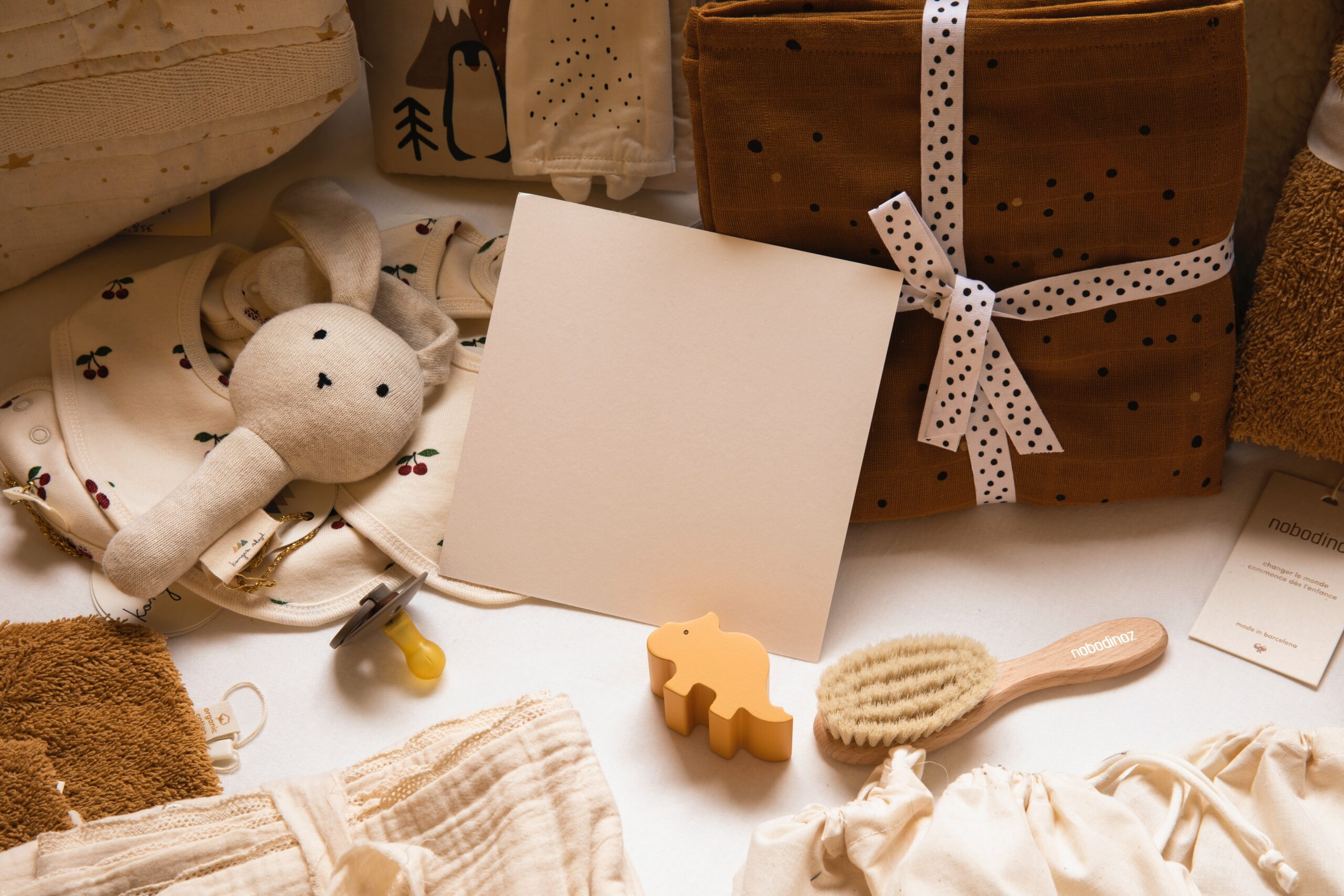
Before we delve into the contents, let’s address overpreparation. All new mothers overprepare for everything that happens during birthtime; at least I did. Yes, I, too, bought enough baby clothes to outfit a small nation. And the hospital bag?
Packed and ready by month eight. It turns out that I didn’t need half of what I brought, and lacked a lot that I needed. Learn from my “overpreparedness.”This hospital bag checklist contains what I needed and used in the hospital, during labor, and after giving birth.
I went through the confused process, so you do not have to.
So, grab your pen and notebook, and let’s dive into it.

Preparing for the baby’s arrival
Labor is so unpredictable.
You never know whether it will come early, late, complicated, or naturally.
It is, therefore, important to be ready emotionally, mentally, financially, and physically.
While nothing can prepare you enough for how to get through the labor and delivery process, good pre-natal classes are a good place to start.
Good pre-natal classes offer complete courses on what to expect through your pregnancy and during labor, and have mom-support groups – because, trust me, you will need a cheering squad.
Some high-quality and affordable ones are available online, so you do not have to worry about your busy schedule.
In addition to preparing you for what happens before and after the baby comes, the classes also help you check each trimester’s to-do list, ensuring your pregnancy runs smoothly.
Then there is the nursery schmursery.
Having the nursery ready at home during the third trimester is great. Nice if you can swing it, but if not, fret not.
The baby can crash in your room for a while.
If your baby’s room is not ready by the time you get to the hospital, there is no need to panic; you will have all the time in the world to set it up after the baby is here.
When to pack your hospital bag
Timing is everything, they say. While timing is important during pregnancy and delivery, moms have some flexibility when deciding when to pack the hospital bag.
The baby is expected to come within the third trimester, somewhere around the due date. I would say have everything ready and pack your bags as soon as you are 32 weeks.
The baby might come even weeks prior if it is a high-risk pregnancy or when you are pregnant with more than one child.
Start by packing the basic things for you and the baby, and you will add in the rest with time.
When the baby comes before the due date, getting your hospital bag ready early will be your safety net.
What to include in your hospital bag checklist
First things first.
What is The hospital bag, and how many do you need?
There is no right or wrong bag to bring as your hospital bag, provided everything fits. However, the more pockets and the more room, the better.
You will probably need more than one duffel bag to fit everything. More bags mean more bulk. I vote for a medium-rolling suitcase – compact, organized, and not a bulky hassle.
You’re not moving in; it’s just a brief stay!
However, you can have smaller packing bags, such as the toiletry bag, within it to help you stay more organized. Labor kit, and baby’s care kit.
The general items you need for the hospital should also be in a separate small bag for easy accessibility in the lobby and waiting lines. They include
- Important documents and paperwork. Have copies of your medical records, insurance paperwork, identification cards, driver’s licenses, and medical cards readily accessible. You want to have your paperwork with you all the time. Hospitals also require these upfront, so pack them in the front-most bag pocket.
- Birth plan. If you have discussed with your midwife about a birth plan preference, have the paperwork at arm’s reach for last-minute references.
- Electronics. Create a tech nest. Pack your camera, batteries, power bank, chargers, EarPods, and phone in a separate bag. Capturing the baby’s first moments is special, so anyone should easily access the camera and phone, and space should be freed up.
- Glasses and lens. Glam on!
- Wallet
The hospital bag checklist for mom (for labor and delivery)
On average, moms that deliver naturally via vaginal birth stay at the hospital for 1 to 2 days.
Those who deliver via C-section might have to stay longer for closer monitoring, but nothing beyond a week if there are no complications.
Remember the duration of your stay in the hospital when packing so that you do not run out of things or overpack.
Moms need to be comfortable and relaxed during the labor process. Consider packing these:
- Delivery gown or Sports bra. Do you need a delivery gown or sports bra? Both? Does it really matter? Comfort is king. Many moms pay too much attention to what to wear during labor or whether they will be nude, and the truth is, it does not matter.The key thing is to be comfortable and free to move around. And forget being fashionable – it’s all goes down to those skin-to-skin moments with your newborn. Most hospitals provide free-sized gowns and then rip any clothes off after delivery for skin-to-skin contact with the baby.
- Ear plugs and eye masks. Maternity wards are busy and bright around the clock. They are a labor must-have for that well-deserved post-delivery snooze.
- Slippers. Sliding in comfortable flip-flops during labor is probably one of the most reliving things ever. You can walk around freely while laboring and during recovery.
- Water bottle. Stay hydrated because delivery is your cardio. A big water bottle will let you drink as much water as possible before entering the delivery room. Plenty of water also helps prepare your body to produce enough breast milk.
- Labor kit. This looks different for everyone, but you can place anything you think would be helpful during labor next to your bed for immediate access.
- Toiletries. After a long labor or before leaving the hospital, you might need to freshen up a bit. Most hospitals will be fine with you bringing a small toiletry bag with shampoo, body wash, moisturizer, toothbrush, toothpaste, conditioner, wipes, etc. However, the hospital will most likely provide basic toiletries like soap, toothbrushes, and toothpaste.
- Hair ties. You don’t always want your hair getting on your face in addition to looking shaggy. Bands will keep it tied up and out of the way.
- Essential oils. There are different ways to use essential oils during labor, like getting a much-needed massage. Most brands are also safe for the baby’s delicate and soft skin.
- Labor socks. Most moms get cold feet, literally, during labor. Pack a few airs of warm socks, especially if you prefer sleeping in them.
- Makeup. Unless you are famous and want to look all glamorous throughout your labor and delivery process, having full makeup painted on your face will not be a priority. But that does not mean you should be comfortable with having no makeup on, especially if it is something you are not used to. Bring some basics with you, such as moisturizers and concealer.
- Lip balm. All the breathing exercises will dry out your lips. Pack something that doesn’t have a scent in it to avoid feeling nauseated.
The hospital bag checklist for mom (after delivery)
Now, for the post delivery, we need a different set of tools:
- Breastfeeding pillow. It provides a comfy support system for feeding – and bonus, it is excellent for tummy time! If you previously had a pregnancy pillow, there is no need to get a breastfeeding pillow, it can double up its use. It provides extra comfort during labor and when setting the baby to breastfeed. It is even great for doing tummy time with the baby, too.
- Heavy-duty maternity pads. Because, let’s be real, the hospital’s version might leave you saying, “Ugh.” If you need comfortable ones from a brand you trust, it is okay to bring them.
- Underwear. You will almost always be on maternity pads resembling adult diapers. But it is safe to bring a few pairs of comfortable cotton undies. I recommend getting cheap ones that you can toss once they get messy.
- Handheld fan. When things get going at the delivery room, it gets very hot. A little delusion of fresh air will be magical.
- Affirmation books and cards.
- Postpartum spray. Hospitals rarely provide pain relief sprays or foam. If you have one, pack it if nothing is provided when you most need it. Spray some on your tender areas before leaving the hospital, as the ride might get bumped and uncomfortable.
- Breast pads. Although breast-milk does not start trickling down immediately after delivery, breast pads might come in handy if you have to spend extra time in the hospital or when it comes sooner.
- Nipple cream. Breastfeeding is uncomfortable and might hurt, especially for new moms, because your body is working to adapt. Nipple cream helps soothe the discomfort and pain. If there is too much pain, however, it should be checked out by the lactation specialist.
- Robe and gown. Upgrade your fashion game. A loose, comfortable nightgown and robe that is easy to breastfeed in will help you feel more at home as you recover at the hospital. It helps to have something prettier than the hospital gowns.
- Reference books and handouts. If you have bought any pregnancy guidebooks, take any notes in your prenatal classes, and want to refer to them at the hospital, pack them, too. Do not bring the entire library, as you might not even have the chance to finish reading a few pages.
- Snacks and drinks. Keep a growling stomach at bay with healthy snacks such as dry fruit and biscuits. Hospital food delays can be really annoying.
- Home clothes. Pack a set for three, including your partner’s and baby’s clothes. Choose something comfortable around the mid-section for you. Remember, the tummy is still sore and relatively big even after delivery. The top of your outfit should also be breastfeeding-friendly.
The hospital bag checklist for your birth partner
Giving birth is mostly about the mom and the baby, but the dad matters, too. He is there for emotional support, and running errands.
Dads deserve a little more effort than just throwing an extra shirt in the bag. You do not have to bring these items to the hospital; you can leave them in the car.
- Clothes. Pack something comfortable to sleep or hold the baby in, such as sweatpants, shorts, and a t-shirt. Good shoes are a must, as he will be running all the errands within the hospital.
- Small pillow.
- Cash and coins. Having some cash will be great if your partner needs to get coffee or snacks at the hospital.
- Painkillers. The last thing you need is your partner not being at the top of their game when you need them the most because they have a strong headache or the hospital food does not react well in the tummy. Tylenol or paracetamol will help, just in case.
- Entertainment. Ensure his phone is charged up and has a few of his favorite things to watch downloaded already.
- Snacks. If the meals are delayed, and hubby needs refueling, his favorite snacks should be easily accessible.
- Skincare products. You probably have different preferences on skincare products with your partner. Pack some of his deodorant, lotion, and shampoo for him to freshen up at the hospital. Because, yes, hospital air can be a bit… clinical.
What to pack in your bag for the baby
- Onesies. Keep the swaddle game simple with 2 or 3 newborn-sized onesies.
- Soft swaddling blankets. The hospital provides, but a cozy, cute one for the trip home won’t hurt.
- Care kit. A well-groomed baby is a happy baby. This will include baby oils, powder, nail clippers, thermometers, nasal aspirators, etc. Although the hospital gives most of them, it helps to have them packed in case the supply is short.
- Diapers. Get some high-quality, non-scented diapers for your baby. Pack only a few, just in case.
- Socks. Pack a few pairs to help keep your baby warm.
- Car seat. This obviously will not fit in your hospital bag. It is best to have it ready and installed in the car when you pack your bag. Most hospitals do not allow you to leave without the car safety stamp approval. It comes in handy when traveling with the baby.
What not to pack in your hospital bag
- Valuables. Hospitals are public places. Leave the bling at home. Bringing expensive items such as jewelry puts you at a higher risk of losing them. To avoid the constant worry about the safety of your valuable items, leave them at home.
- Electronics. Your phone, charger, headphones, and camera might be useful. You will not need to bring bigger electronics such as laptops or portable music players. You will probably not even have the time to use them anyway.
- Too many clothes. You’re not moving in. You will not be in the hospital after giving birth, so you will not need to bring an entire wardrobe. You will only need a nightgown, one outfit change, and going-home outfits for you, your baby, and your birth partner.
- Foods. A few of your favorite healthy snacks are okay to bring along. However, some hospitals do not allow food, so any food packed might go to waste. Vending machines, cafeterias, and hot meals are served in hospitals anyway, so you will not need to pack anything.
- Items provided by the hospital. Most hospitals provide freebies for the mom and the baby, especially for important items such as diapers, gowns, maternity pads, and wipes. Different hospitals provide different items, so checking with your hospital before canceling the item off your hospital bag checklist is important.
The Final Push- Download the printable hospital bag checklist
Don’t leave THE PLANNER down here! Download and print it – it includes everything you need, and what you probably won’t need to pack.
Takeaway
Whether it’s a C-section or a vaginal birthing montage, this checklist has your back.
You cannot be certain about what will happen during labor, so with this hospital bag checklist, you will not have to guess what to bring to the hospital for both cases.
Tip: Look for offers and deals when shopping for the items you need for your hospital bags.
Oh, and keep an eye out for those hospital freebies, they come in handy. You might cross off a few items from this epic hospital bag checklist.
If you are getting close to the due date, knowing what signs of labor to expect and how to time your contractions is helpful.
It will help you prepare well for when it is time to grab your hospital bag and ease your time during delivery.
You’re almost there, but for now, prepare for the baby adventure of a lifetime!


Response
[…] the lookout for these signs as you get closer to your due date so you will know when to grab your hospital bag. They might not all happen during the same pregnancy. But when you are fully dilated and in labor, […]